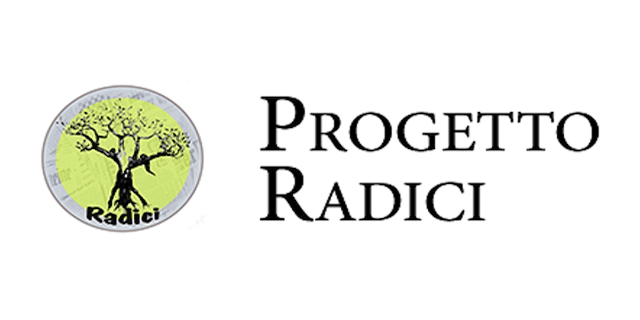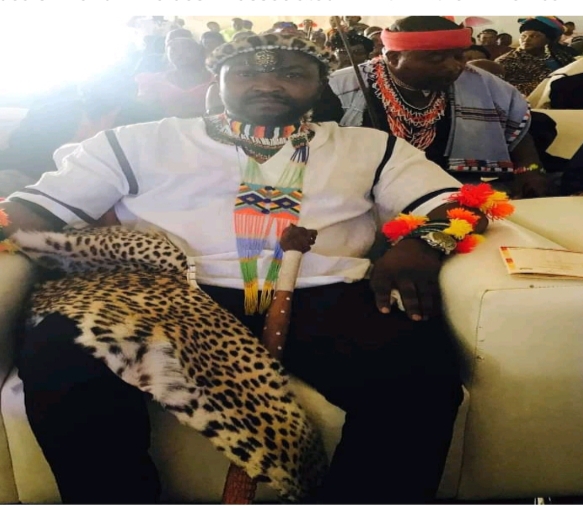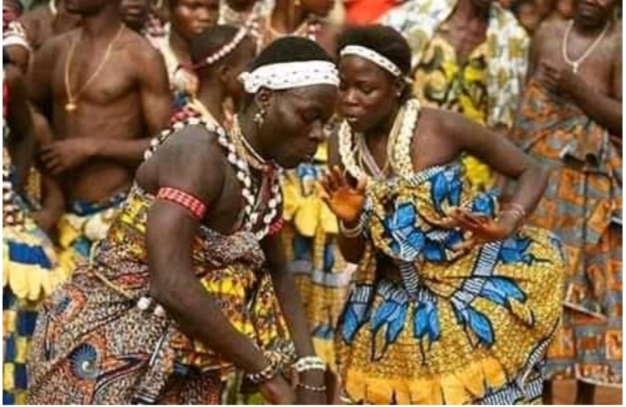The history of Zambia: the cultural,economic and political aspects .

Democracy and economic consensus among the Bemba-speaking people of Zambia: An African theological perspective.
Derrick Chanda
ABSTRACT
This article contributes to a critical assessment of the concept of democracy and consensus decision-making of the Bemba matrilineal governance system as a basis for a democratic model of engagement in African politics from an African theological perspective. It is of the opinion that, assessing the concept of democracy by consensus decision-making of the Bemba provides a dialogue between the African traditional governance systems as a viable form of political governance ideal for multi-ethnic countries such as Zambia. This is a pinnacle of the 21st century debate which elaborates the important task of African Christian Theology in the rehabilitation, or renovation process of politics of identity for an authentic governance system with authentic African flavor for African governance systems.
Main Body
This article proposes an emergence of an alternative paradigm of democracy based on the matrilineal governance system of the Bemba-speaking people of Zambia as a remedial model of
democracy in Zambia. In contrast to multiparty democracy, which evidentially promotes political
division, the proposed model would potentially be a better model of democratic governance and
an enhancement of human rights in Zambia. By using an African theological approach to governance ethics, the article explores inwards to appropriate indigenous democratic ideals and values associated with the Bemba governance system.
It is within that demonstrative understanding that the article argues for a non-party consensual democracy that is based on the governance system of the Bemba as a remedial critique to the current model of democracy that is fraught with problems bedeviling contemporary Zambia especially the political problem of ethnic and tribal differences today.
It should be critically noted here that this attempt is externally induced by the urge to demonstrate that the Bemba traditional political system, among other African tribes, had a similar experience with ‘some western states where consensual democracy is the adopted model such as New Zealand and East Timor’ (Fayemi 2010:1) based on the foundation of Jurgen Harbamas (born 18 June 1929) whose theory on deliberative democracy and communicative rationality in the public sphere sets a basis for consensus democracy as a model of governance that promotes mutual interests for the benefit of all parties.
Conclusion
Zambia among other African nations is a product of African traditional governance systems whose foundations were anchored on traditional democracy whereby the elders settled the affairs of the people ‘through rational discussions. Hence, this article concludes that, if well harnessed, the traditional African governance system of democracy by consensus has great potential to bring about political stability, accommodate diverse interests and accelerate social and economic development in all parts of Zambia without being bias towards any particular tribe or region.
Derrick Chanda correspondent Projet Radici Zambia










